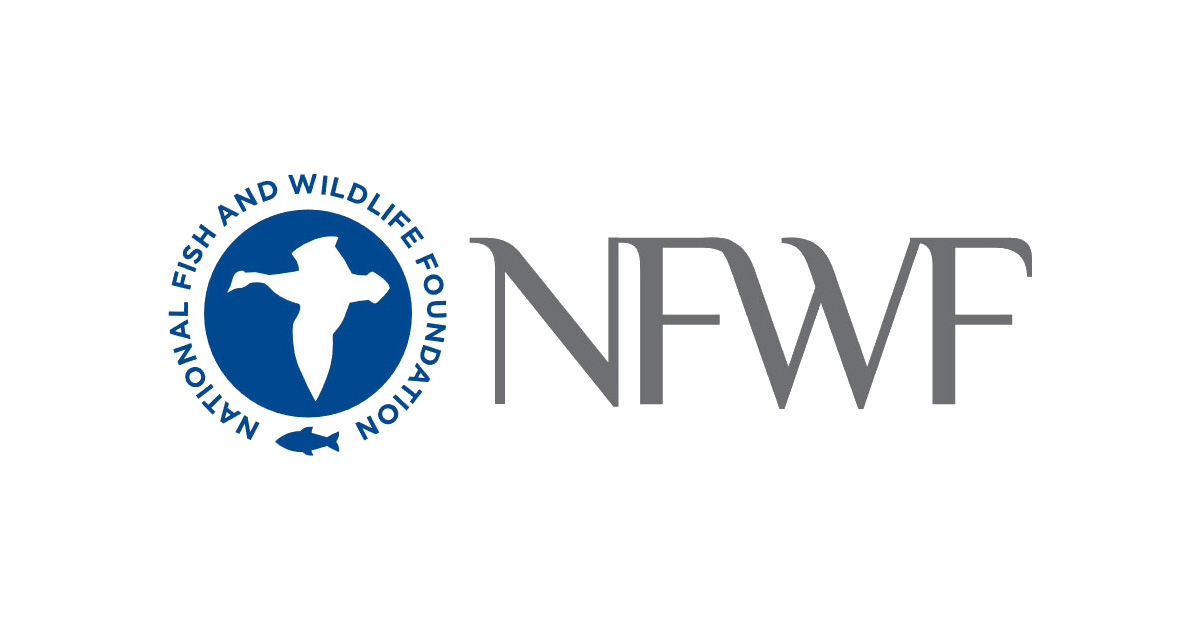The Staff Scientist, Coastal Resilience will be a key member of the Science and Evaluation team and will work to ensure that NFWF’s coastal resilience efforts have a robust science foundation and are designed to achieve measurable outcomes that benefit natural and human communities.
This position is nationwide in scope and requires a detailed understanding of the flood-related hazards facing coastal communities and habitats, and the strategies employed by NFWF and others to assess and mitigate these risks. The ideal candidate will have a working knowledge of natural and nature-based features used to build coastal resilience, biophysical modeling, coastal resilience planning tools, standard survey techniques, and familiarity with a range of monitoring approaches for species, habitats, and socioecological systems.
The Staff Scientist will work to advance the prioritization and assessment of NFWF’s resilience efforts, including identifying locations and projects with the greatest potential to enhance the resilience of human and natural communities, and assessing the flood and erosion reduction benefits from awarded projects. The Staff Scientist will be responsible for ensuring the coastal resilience component of NFWF programs is science-based, aligning project portfolios with conservation outcomes, providing technical assistance to programs and grantees as needed, reviewing reports from grantees and contractors to ensure the quality of information being reported, overseeing external firms on resilience contracts, reviewing requests for proposals, contributing subject matter expertise in fundraising efforts, and closely coordinating program efforts with the Science and Evaluation team, Marine and Coastal Conservation team, and other Foundation staff.
Essential Duties and Responsibilities
Oversee or engage with contractors conducting science-based resilience projects, including but not limited to:
- the assessment of biophysical and socio-economic benefits of NFWF-funded coastal resilience projects,
- the development of a spatially explicit coastal resilience prioritization decision support system to predict the potential benefits of proposed resilience projects in reducing threats from storms and sea level rise,
- the development and use of NFWF coastal resilience assessment tools and a database for storing project metric data,
- the development and refinement of regional coastal resilience assessments to identify areas ideal for implementation of nature-based solutions, and
- the evaluation of NFWF’s coastal resilience programs.
- Work with the science and program team to finalize development of NFWF’s coastal resilience strategy and an implementation plan to guide and assess NFWF’s coastal resilience investments across multiple programs.
- Provide technical expertise in terms hydrologic and hydrodynamic modeling and other methods for assessing flood risk reduction benefits to assess and demonstrate the impact of coastal resilience-related investments.
- Work with science and program staff to develop implementation strategies that draw on, and contribute to, evidence-based practices. This will require a familiarity with nature-based solutions, hazard mitigation, and education and outreach efforts to foster best management practices.
- Review and evaluate submissions by grant/contract recipients and applicants ensuring strategies and results are aligned with programs’ monitoring and evaluation plans.
- Help develop and further refine project-level resilience metric protocols, as needed.
- Assist with compiling spatial project data to program staff for proposal review.
- Keep abreast of scientific and policy developments that may impact the Foundation’s coastal resilience work.
- Light amount of domestic travel anticipated (approx. 1–2 trips per year).
Secondary Duties and Responsibilities
Support the development of public and private partnerships to secure operational and programmatic funding for NFWF programs in coordination with the Chief Conservation Officer, Director, Fish and Wildlife Conservation, and NFWF regional partnership teams.
Minimum Qualifications (Education, Experience, Skills)
- Advanced knowledge of coastal processes, hydrodynamic and hydrologic modeling, climate change resilience planning, coastal engineering, or related fields.
- Knowledge of nature-based solutions and methods to measure their effectiveness in providing coastal protection benefits.
- Knowledge of marine and coastal ecosystem conservation issues.
- MEng., MSc. or equivalent experience.
- Experience working with spatial data and GIS software (e.g., ESRI products, CAD programs, HEC-RAS, Blue Marble Graphics).
- Experience conducting field research as part of a multidisciplinary project or team.
- Strong listening and oral and written communication skills.
- Familiarity with the assessment of socio-economic benefits preferred.
- Experience working and communicating with stakeholders such as federal or state management agencies, academia, private landowners, and non-profit organizations preferred.
- Experience in research design and analyzing and interpreting statistical or environmental data. Proficient with R statistical software preferred.
- Strong data management skills preferred.
- Experience with priority setting, conservation planning, and site identification and delineation preferred.





